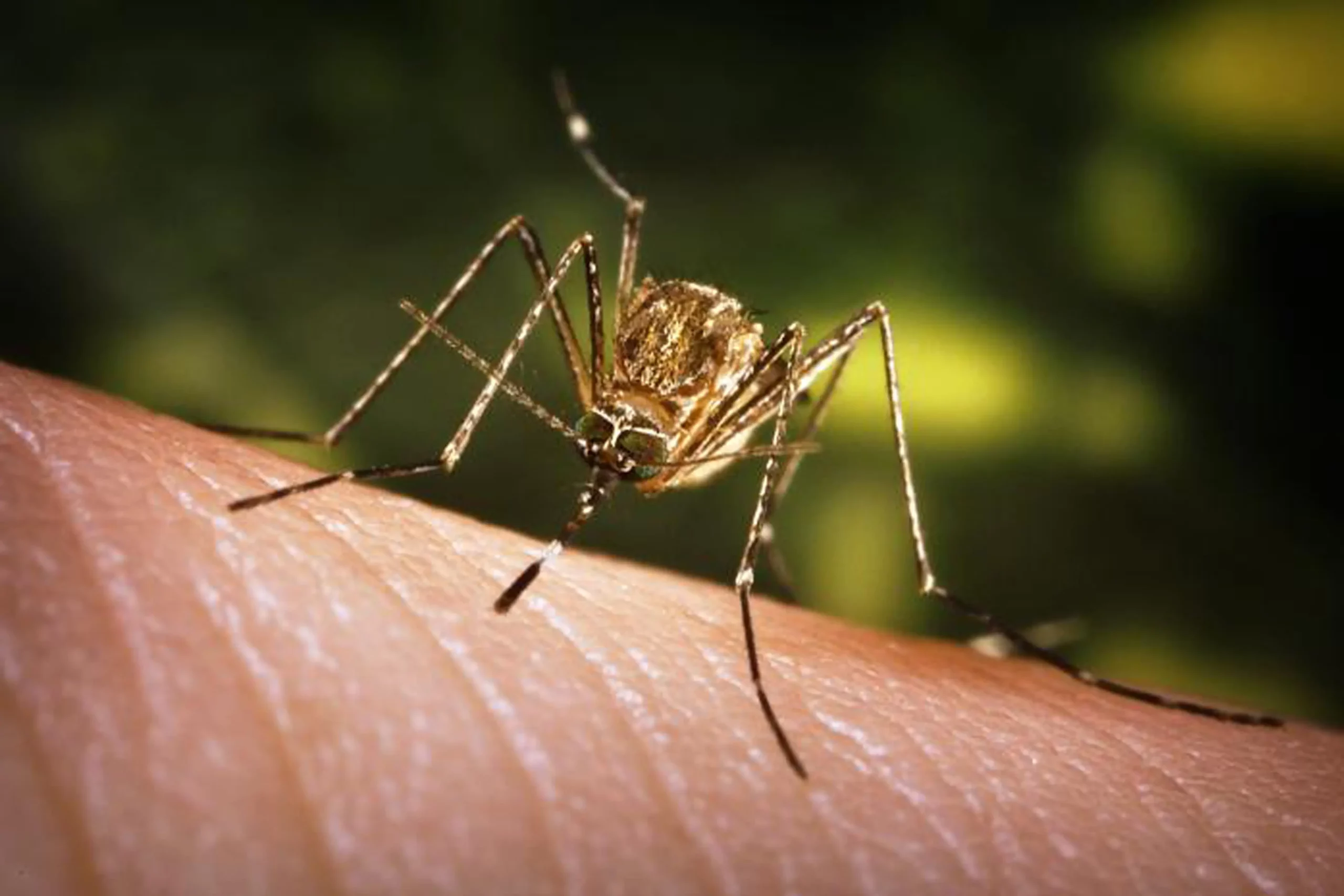KATHMANDU: Japanese encephalitis has claimed the lives of 14 individuals, according to Dr. Abhiyan Gautam, the Chief of the Child Health and Immunization Section at the Family Welfare Division of the Health Service Department.
Dr. Gautam reported that 61 people have been diagnosed with the infection, with all samples being tested at the National Public Health Laboratory.
Dr. Gautam urged the public to exercise extreme caution, especially between August 31 and October 1, due to the high risk of Japanese encephalitis during this period.
The disease typically occurs from July to October, but the ‘Culex’ mosquitoes, which transmit the virus, lay eggs in stagnant water, extending the risk until October 1.
These mosquitoes breed in the water stored in paddy fields, infect pigs and ducks, and then transmit the disease to humans through their bites.
The ‘Culex’ mosquitoes thrive in wastewater and can show symptoms of the disease 6 to 16 days after being bitten.
Since 2016, the government has been providing vaccinations to 12-month-olds to prevent Japanese encephalitis.
The disease primarily affects children under 15 years old and presents with severe headaches, high fever, paralysis, and stiff neck after mosquito bites.
To prevent mosquito bites, people are advised to sleep under mosquito nets, avoid keeping ducks, chickens, or pigs near their homes, wear long-sleeved clothing outdoors, install nets on windows and doors, fill any water-holding pits around the house, and use mosquito repellent methods such as burning incense or applying ointments.









Comment